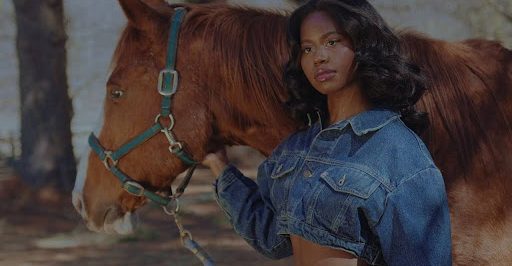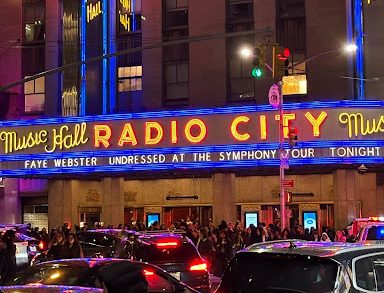
Hip production company A24 (“Everything Everywhere All At Once,” “Euphoria”) is back with “BEEF:” a riveting ten-episode limited series that sees Ali Wong and Steven Yeun at their best in a binge-worthy tale of anger.
“BEEF” tells the story of business owner Amy Lau (Wong) and struggling contractor Danny Cho (Yeun), two people from different circles of Los Angeles, but more similar than they think. This pair would have no reason to interact in everyday life. While they’re both East Asian thirtysomethings, Amy lives with her seemingly picture-perfect family. She goes between exclusive galleries, pristine homes and works to complete multimillion-dollar business deals. Danny’s world revolves around his failing company, Korean church bands and business scams.
The two meet on a fateful road rage incident, resulting in a high-speed chase through Los Angeles, and make it their mission to get back at each other. Both characters make choices that change the course of their life and cause them to spiral. Whether urinating in the other’s bathroom or vandalizing a truck, the two get increasingly creative in their feud.
“BEEF” Creator Lee Sung Jin based the show on his road rage incident a decade ago; he tells The Playlist. “There was a white SUV. He honked at me, rolled down his window, cursed at me, and pulled up next to me. For some reason on this day, I was like, ‘I’m going to follow you,’” Jin said.
Why do two people with different backgrounds and classes want to take each other down because of a road rage incident? To deal with their internal troubles and generational trauma, of course.
Amy dreams of unconditional love that she doesn’t get from her husband George (Joseph Lee) and daughter June. Danny wants to be seen and not constantly worry about cultural pressures. Both parties are moments away from their breaking point, and that incident was all they needed.

Photo Courtesy / YouTube Netflix
After all, the original incident doesn’t even amount to a fender-bender. Danny attempts to back out of a parking space and is honked at by an unseen Amy. She flips him off, and the two speed through Los Angeles and run over an innocent neighbor’s garden.
The show is soundtracked by angsty nineties and early 2000s hits, contributing to the show’s overall message of dissatisfaction and resentment. Hoobastank’s “The Reason” and The Smashing Pumpkins’ “Mayonnaise” are two of many recognizable hits featured in the series.
“BEEF” keeps a solid momentum through the ten-episode run. Jin builds up the show’s tension until it collapses in the show’s finale, and leaves viewers equally amazed and confused in the show’s final minutes.
In the end, Amy and Danny realize that they are the same. Class issues aside, both of them have done (really) bad things. They betray their families, live secret lives and crave violence, working against the norms that have pinned the wealthy and the working class against each other.
Is “BEEF” a cautionary tale of why you shouldn’t flip someone off on the road, or is it a message that everyone is the same no matter who you are? Take it from Jin, who says the show is about “how hard it is to be alive.”
“BEEF” is now streaming on Netflix.









